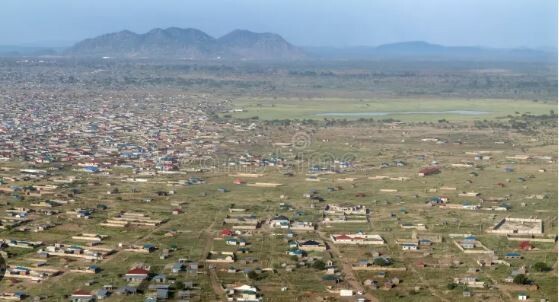The National Ministry of Land in South Sudan has announced the formation of a new land committee to curb land grabbing in the country.
Robert Lado Loki, the head of the Land Commission and the tasforce on land policy to combat land grabbing, revealed that land is grabbed by citizens, the army and chiefs. He made the remarks at a workshop organized in partnership with the United Nations Population Fund (UNFPA) to form a mini-committee to monitor land grabbing.
Lado faulted the high value of the land in the Juba City for increased land grabbing.
“Land in Juba is very expensive compared to the states,” he stated. “The committee will be formed to monitor the lands very carefully.”
Asked about how community land ownership contributes to corruption and the vice of land grabbing, Lado said that community land ownership does not create corruption.
“Even if the land were owned by the government, it would lead to more corruption,” he said.
Meanwhile, Kimo Jing, the Vice President of the South Sudan Bar Association, said land grabbing is fuelled by scarcity of land in Juba.
“The process of forging land documents began after the civil war in South Sudan because most of the land owners left the country due to the war,” he explained. “Some went to Khartoum, Kenya and some of them went to the camps and left behind land because of the war. Since Juba became the capital city of the country, there has been a huge migration of people to Juba, which resulted in the high demand for land distribution.”
“You find someone with papers from the 1990s or 1980s and then another one comes in with a new papers so here conflict happens and mostly people should resort to court to resolve such issues,” Jing advised.
He suggested that the Government of South Sudan come up with a strong land policy to address land grabbing.
“All problems can be settled only by the formation of a clear land policy which will address the current problems,” Jing stressed.




